Binga, Plumtree launchpad for industrial training college expansion
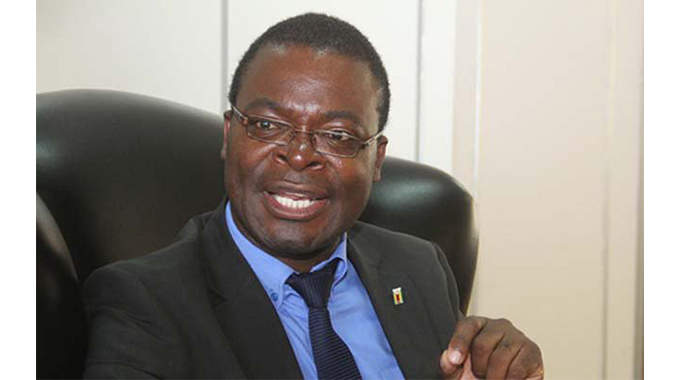
Nqobile Tshili, Chronicle Reporter
BINGA and Plumtree are being used as launchpads for the Government’s renewed drive to establish industrial training colleges in previously marginalised communities across the country.
This is in line with Government’s drive to promote rural industrialisation, which buttresses the devolution agenda whose thrust is to leave no place and no one behind.
The Government has already called for enrolment for the Binga Polytechnic, which will commence by offering commerce, automotive, construction, electrical, school of hospitality and tourism, mechanical and applied sciences programmes.
While details of the physical facilities are being worked on, the Binga Polytechnic will be incubated at Bulawayo Polytechnic and enrolment has started, with applications set to close on July 23.
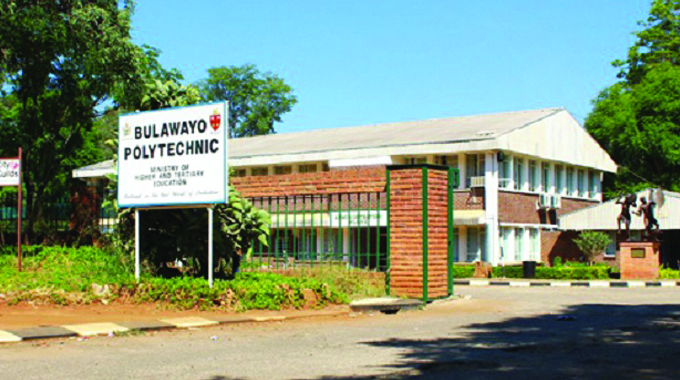
Bulawayo Polytechnic College
“Bulawayo Polytechnic in conjunction with the New Binga Polytechnic is inviting prospective students to apply for courses that are scheduled for 2022. Persons with disabilities are encouraged to apply. Lessons will be conducted at the Binga Polytechnic Campus,” reads the notice issued by Bulawayo Polytechnic.
The Binga Polytechnic is being established shortly after President Mnangagwa visited the district and assured the community of Government commitment to uplift the district, which had lagged behind as far as development is concerned.
Apart from the establishment of Binga Polytechnic, the President directed ministries to develop infrastructure projects in Binga that include rehabilitation of roads, a new border post, borehole drilling, setting up of a nursing school at Binga Hospital and the refurbishment and operationalisation of the hospital mortuary.
The Ministry of Higher and Tertiary Education, Innovation, Science and Technology Development has already moved beyond conceptualising a polytechnic for Binga District, as it has started enrolling students for the ‘new baby’ in the ministry.
In an interview yesterday, Higher and Tertiary Education, Innovation, Science and Technology Development Minister, Professor Amon Murwira, said the reason why his ministry has already called for enrolment of students is that a training college should be understood beyond the physical structures.
“When we started Gwanda State University it was incubated by the National University of Science and Technology (Nust). When we started Lupane State University it operated under Nust and when we started Marondera University it was incubated at the University of Zimbabwe,” he said.
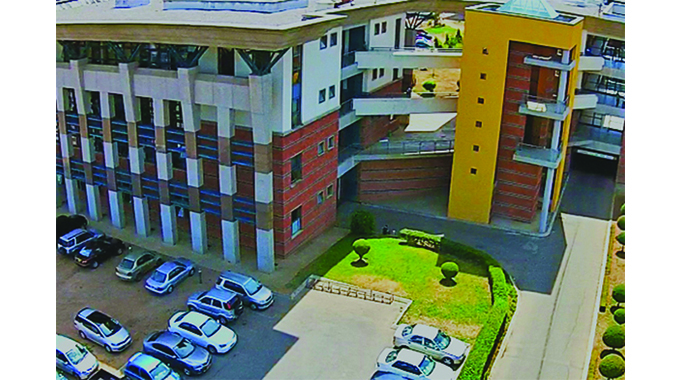
National University of Science and Technology (Nust)
“The pace we are moving at is that we are enrolling students before we even build physical structures,” said Prof Murwira.
Without stating the actual amount that has been channelled towards the project, the minister said they have funds to commence the construction of the of Binga Polytechnic in line with President’s Mnangagwa’s vision.
Prof Murwira said his ministry is on a drive to spread the higher education to the periphery areas with the establishment of Plumtree Polytechnic already at an advanced stage.
“The President gave an instruction that we need to spread higher and tertiary education to all corners of the country and we are acting on that instruction,” he said.
“We are targeting areas that previously had no access to such education. We started with Hwange Teachers College, which will conduct its first graduation this year.
“We have moved to Binga and Plumtree Polytechnics. This is according to the devolution agenda of leaving no one behind. We are also going to establish Victoria Falls Polytechnic focusing on the tourism and hospitality sector,” said Minister Murwira.
He said plans are also on course to build industrial training colleges in Beitbridge, Chipinge, Muzarabani, Nyamapanda, Chirundu and Kariba.
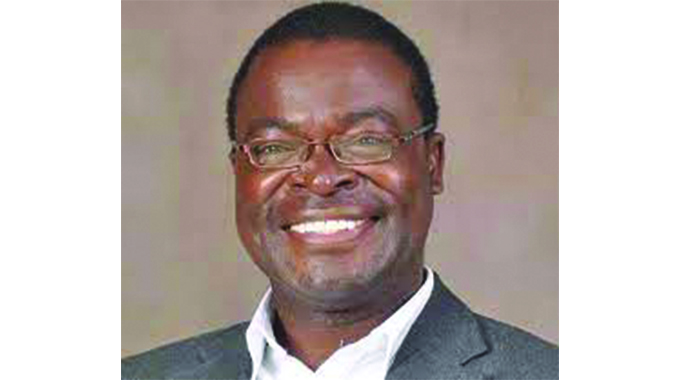
Minister Professor Amon Murwira
“All those areas that used to be neglected will have an industrial training centre,” he said.
Public policy expert, Mr Teddy Ncube, said the establishment of industrial training centres in previously marginalised communities will in the long run address the skills deficit challenges while making them accessible at communities’ door steps.
He said the move confirms the Government’s thrust that no community should be left behind.
“It is also in line with the New Dispensation thrust to grow the economy through the education sector. It shows the inclusiveness of the New Dispensation, which has made a policy that no area should be left behind,” said Mr Ncube.
“It’s targeting areas, which for one reason on another have been left behind. For long Binga has been neglected and the New Dispensation wants such areas to also participate in economic activity through education,” he said.
Mr Ncube said this will also address skills shortages as technical training colleges will produce graduates who are not just theoretically grounded but have technical expertise to resolve societal issues.
He said through skills training, communities will be able to fight poverty, which has pushed most people in the periphery to seek menial jobs in neighbouring countries.
“This also means that when skilled people leave the country, they become more competitive on the global market unlike the prevailing situation where some of them are used as cheap labour as they work menial jobs,” said Mr Ncube.
“Having more skilled personnel will also mean that when individuals leave for the diaspora the country benefits through diaspora remittances.
“For instance, the country generated US$1,4 billion through diaspora remittances last year alone. So, this will also contribute to the country’s economic growth,” said Mr Ncube.
— @nqotshili

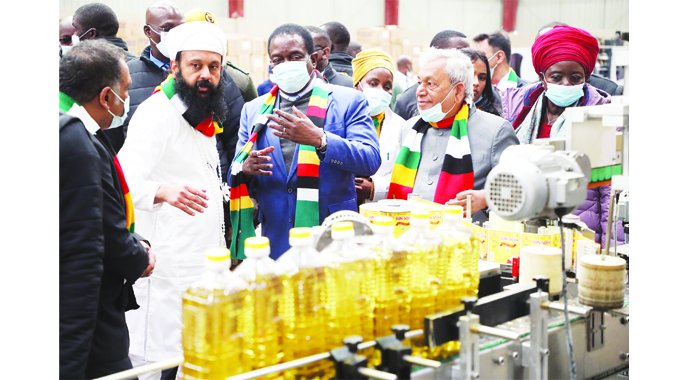









Comments